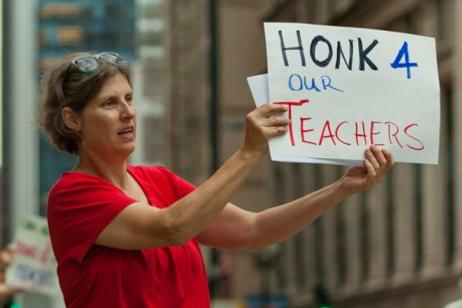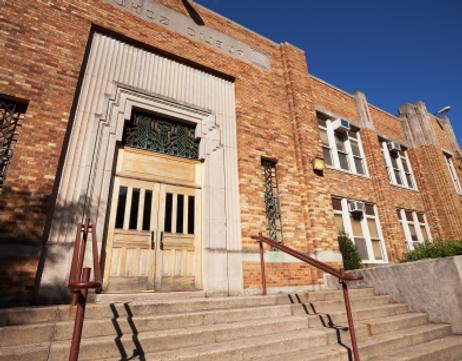After a seven-day strike hit the public school system in the city of Chicago, things appear to be mostly business as usual once again. Students are back in school. Teachers are back in their classrooms. Both the teachers union and the mayor’s office are declaring at least a partial victory in sticking to their guns and hammering out a compromise both sides can tolerate. While the Chicago teachers strike is over by all visible signs, remnants of this latest labor move may have ramifications nationwide that last for some time to come.
Throughout the summer, negotiations continued between the Chicago Teachers Union and school administrators and the mayor’s office. Mayor Rahm Emanuel was pushing for longer school days, hiring autonomy for principals, and a revamping of the teacher evaluation process. Teachers were looking for better pay increases, job security, smaller classroom sizes, and more services for their students. As the summer negotiations wore on, some were hopeful a strike wouldn’t have to happen. Others voiced fears that a strike was exactly where the teachers union was headed.
This video from the Chicago Teachers Union discusses what was learned from the teachers' strike.
Two Points of Contention
When union delegates finally voted to strike right after the start of the new school year, two key issues remained in the balance. The first was autonomy for principals in the hiring process.






















